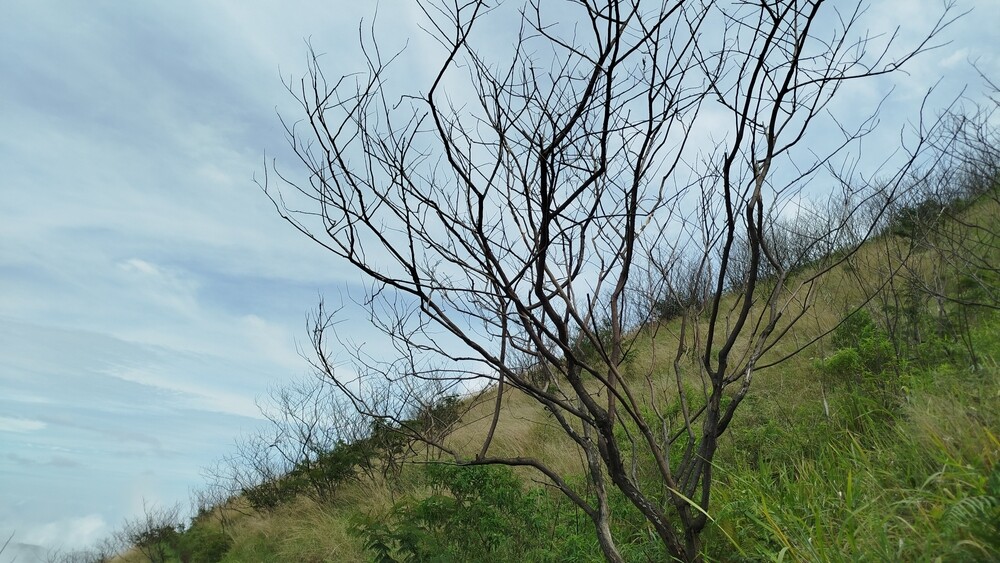Sonoma County, Calif., can enhance its ability to withstand and recover from wildfires by re-envisioning its land use, energy, and housing policies through a cooperative and equity-focused framework, according to a report released today by ULI.
The report is based on recommendations from a panel of land-use and resilience experts convened in April through ULI’s Virtual Advisory Services panel (vASP) offering. The virtual panel is a multi-day program tailored to meet a community’s specific needs, wherein ULI representatives hold in-depth interviews with local stakeholders
and deliberate on potential courses of action before making a final presentation of their recommendations.
Sonoma County experienced devastating wildfires in 2017, 2019, and 2020 — and was on high alert in 2018 because of high-risk conditions and nearby catastrophic fires that contributed to poor local air quality. The compounding challenges of wildfires and the coronavirus pandemic in 2020 and 2021 led to a public health emergency and extraordinary economic disruption that severely burdened local governments, community members, and businesses. The ULI panel sought to provide high-level advice on future planning, development, and infrastructure strategy that could enhance regional resilience and protect communities in the face of future fire events.
The panel’s approach comprised three key elements: resilience, equity, and community essence. By using climate resilience as a reference frame, recognizing that wildfires disproportionately impact marginalized people and celebrating Sonoma County’s unique character, the report arrived at 40 key recommendations regarding land use to enhance wildfire resilience; energy and economic resilience; housing, development and urban planning; and equitable governance and making the business case.
- Land Use to Enhance Wildfire Resilience recommendations include:
- Formalize training programs for industry professionals and residents on wildfire-resilient home design and hardening.
- Mitigate wildfire risk by increasing trail network around urban growth areas.
- Study existing and proposed California precedents of community wildfire preparedness programs and wildfire-resilient development.
- Energy and Economic Resilience recommendations include:
- Increase community energy education efforts.
- Evaluate emerging technologies for energy independence and wildfire resilience.
- Housing, Development and Urban Planning recommendations include:
- Re-evaluate street standards for walkability and pedestrian safety and to incorporate climate resilience strategies.
- Eliminate annual housing limits.
- Evaluate potential for and feasibility of employer-subsidized housing.
- Equitable Governance and Making the Business Case recommendations include:
- Establish mutual aid and interlocal agreements.
- Apply for funding regionally to become more competitive.
The panel was chaired by Molly McCabe, chief executive officer, HaydenTanner LLC and cofounder, The Lotus Campaign, Bigfork, Mont. “Sonoma County has the opportunity to establish itself as a national leader on wildfire resilience,” McCabe said. “By upgrading existing infrastructure and promoting regional cooperation, the county can be prepared for future extreme weather events and emerge stronger from the challenges of the last few years.”
McCabe was joined on the panel by Jose Bodipo-Memba, director of sustainable communities, Sacramento Municipal Utility Districts, Sacramento, Calif.; Christopher Calott, Lalanne chair of Real Estate Development, Architecture & Urbanism and founding faculty director, Master of Real Estate Development + Design Program, University of California, Berkeley, Oakland, Calif.; Jeremy Klemic, associate principal, SWA, Los Angeles, Calif.; John Macomber, senior lecturer, finance, Harvard Business School, Boston, Mass.; Molly Mowery, executive director, Community Wildfire Planning Center, Denver, Colo.; Peter Quintanilla, urban design studio lead, Michael Baker International, Pittsburgh, Pa.; Diana A. Ramirez, director, Equity Impact, Harris County, Texas; and Neil Webb, director of growth and markets, Ramboll, Syracuse, N.Y.
Virtual Advisory Services panels (vASP) were launched in 2020 as a new Advisory Services offering in order to continue ULI’s mission of creating vibrant, sustainable communities during the COVID-19 pandemic. The panels convene experts from a range of professional backgrounds across the United States and leverage their collective skills to meet the needs of an identified land use or policy challenge.
Since 1947, the ULI Advisory Services program has assembled experts in the fields of real estate and land use planning to participate in panels worldwide, offering recommendations for complex planning and development projects, programs, and policies. Panels have developed more than 700 studies for a broad range of land uses.
According to Thomas Eitler, senior vice president of ULI’s Advisory Services program, the strength of the program lies in ULI’s unique ability to draw on the substantial knowledge of its 45,000-plus members, including land developers, engineers, public officials, academics, lenders, architects, planners, and urban designers. “The independent views of the panelists bring a fresh perspective to each land use challenge,” Eitler said. “The Advisory Services program is all about offering creative, innovative approaches to community building.”
The Sonoma County, California, virtual Advisory Services Panel report can be found on ULI’s Knowledge Finder platform.






